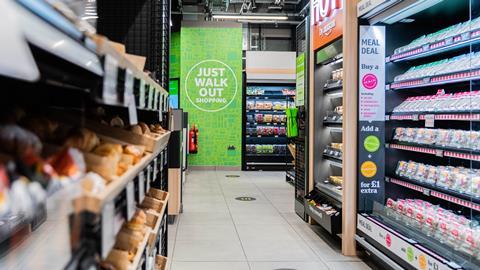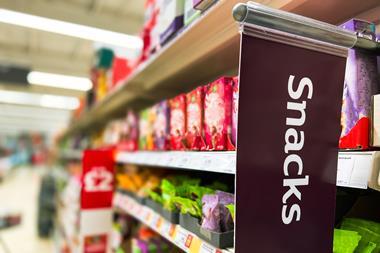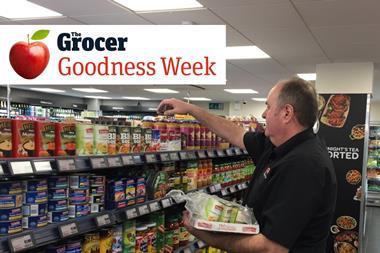Finally, Amazon is to be added to the list of suppliers policed by the Groceries Code Adjudicator.
To say this huge development has been a long time coming is an understatement, considering it was as far back as 2018 that the online giant was mooted as an addition to the list of so-called “designated retailers”.
Those four years will certainly have felt lot longer for many of Amazon’s suppliers, who have not only had to deal with a retail titan that can operate outside the rules of traditional rivals, but have had to do so amid a once-in-a-lifetime pandemic that has seen its power grow beyond even Jeff Bezos’ imagination.
It remains one of life’s great mysteries how Amazon managed to wriggle out of the expanding net of GSCOP jurisdiction back in 2018, while others, such as Ocado and B&M, were added to the list.
The Grocer reported at the time how the CMA met strong resistance from Amazon’s lawyers over the qualfiying criteria to fall under then-Adjudicator Christine Tacon’s remit. They successfully argued that Amazon had not breached the magic £1bn cut-off point in grocery retail turnover.
The Grocer understands Amazon argued a huge range of its sales did not meet the definition and therefore it should not come under GCA rules. But that argument could only wash for so long, given the continued inroads it’s made, both online and more tentatively with physical stores.
Today the CMA said it had taken into account Amazon’s “increasing activity in the UK grocery sector in recent years” when placing it under the powers of present day Adjudicator Mark White.
The language it used was noticeably frank and, dare we say it, un-CMA like. “Today’s decision to designate Amazon helps to ensure a level playing field for companies active in the groceries sector as people’s buying habits evolve,” it said. “These rules mean that the thousands of companies supplying Amazon with groceries are now protected from potential unfair business practices.”
The watchdog said it would continue to monitor Amazon’s activities alongside the GCA.
Of course, all this remains just words and doesn’t guarantee the sort of action some suppliers have been calling for. However, it does feel like a big moment in the world of grocery – especially given how important online has become during the pandemic. Without the GCA’s intervention, It could have been a recipe for disaster for any supplier trying to push through cost increases amid inflation and a cost of living crisis.
An Amazon spokeswoman told The Grocer: “We strive to build successful, long-term relationships with our suppliers and look forward to working with the Groceries Code Adjudicator.”
Yet the task Amazon faces to make its buying operation GSCOP-compliant is such that it is hardly likely to be so welcoming in private.
Not only does this have massive implications for the algorithm-generated system of listings used across its online operations, which experts point out is completely alien to the traditional UK supermarket buying operation, it has big implications for industry transparency, too.
Despite its vast power, Amazon has until now managed to operate relatively secretively and stay out of the way of much of the regulation many feel it deserves. Now, it will be forced to be more open, while suppliers will also have a vehicle to make their grievances known.
Under the scrutiny of White, who has so far shown signs of being a tenacious successor to Tacon, it’s likely we will find out a lot more about how Amazon is treating its suppliers.
As for a certain well-known high street chemist chain, it will be looking out for future CMA announcements with a renewed sense of trepidation.

























No comments yet